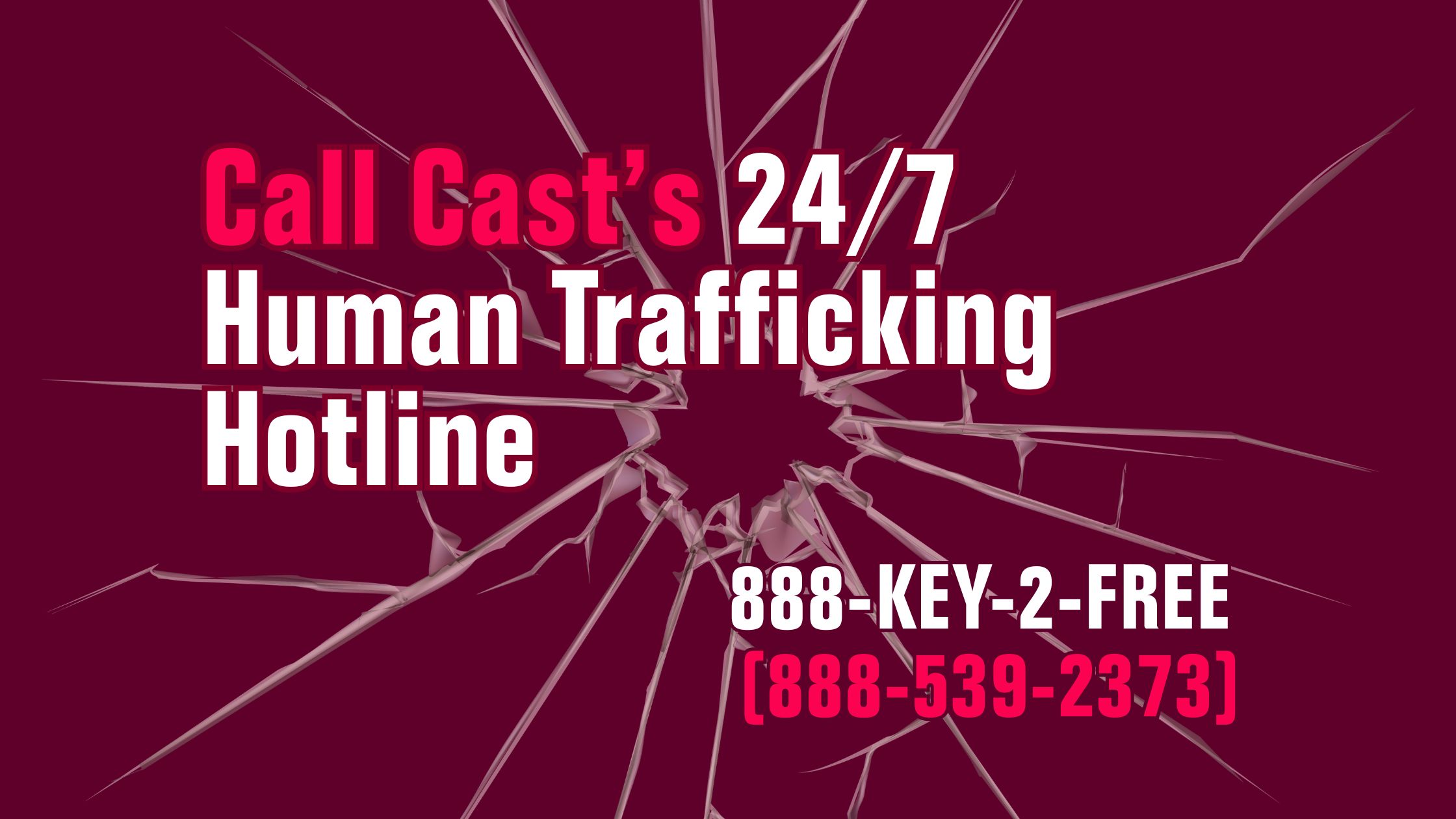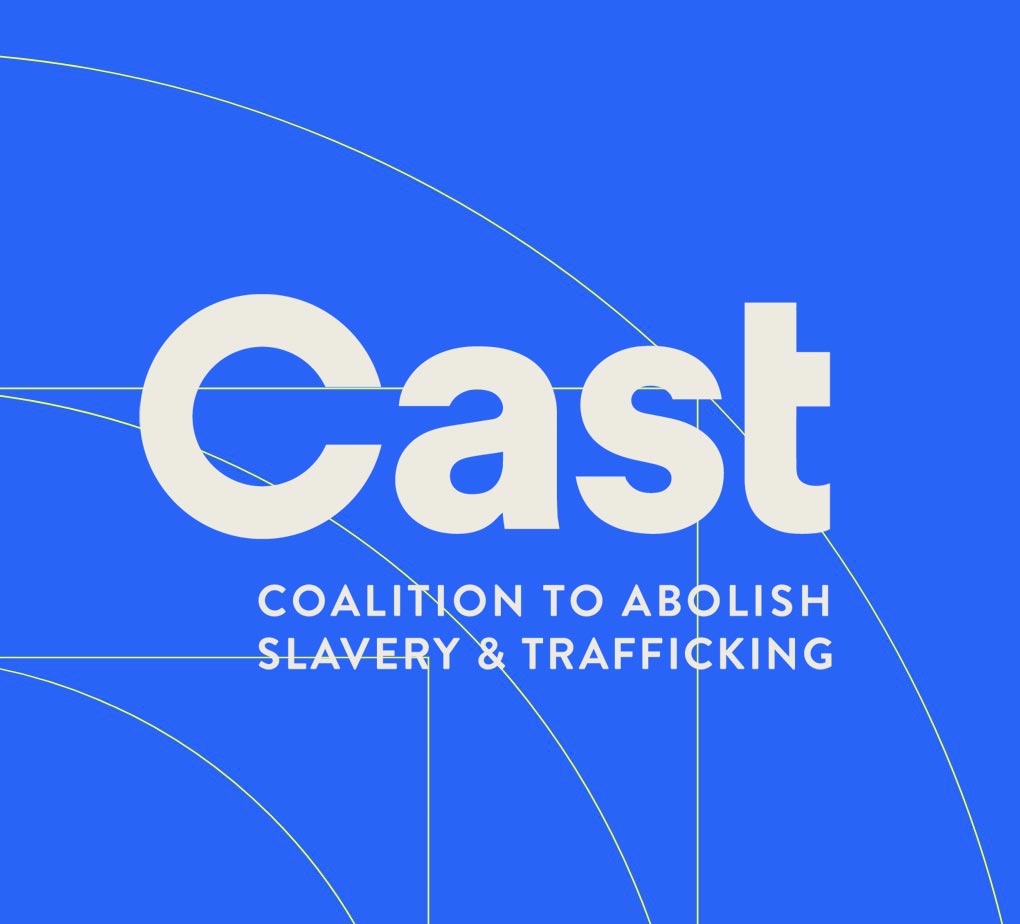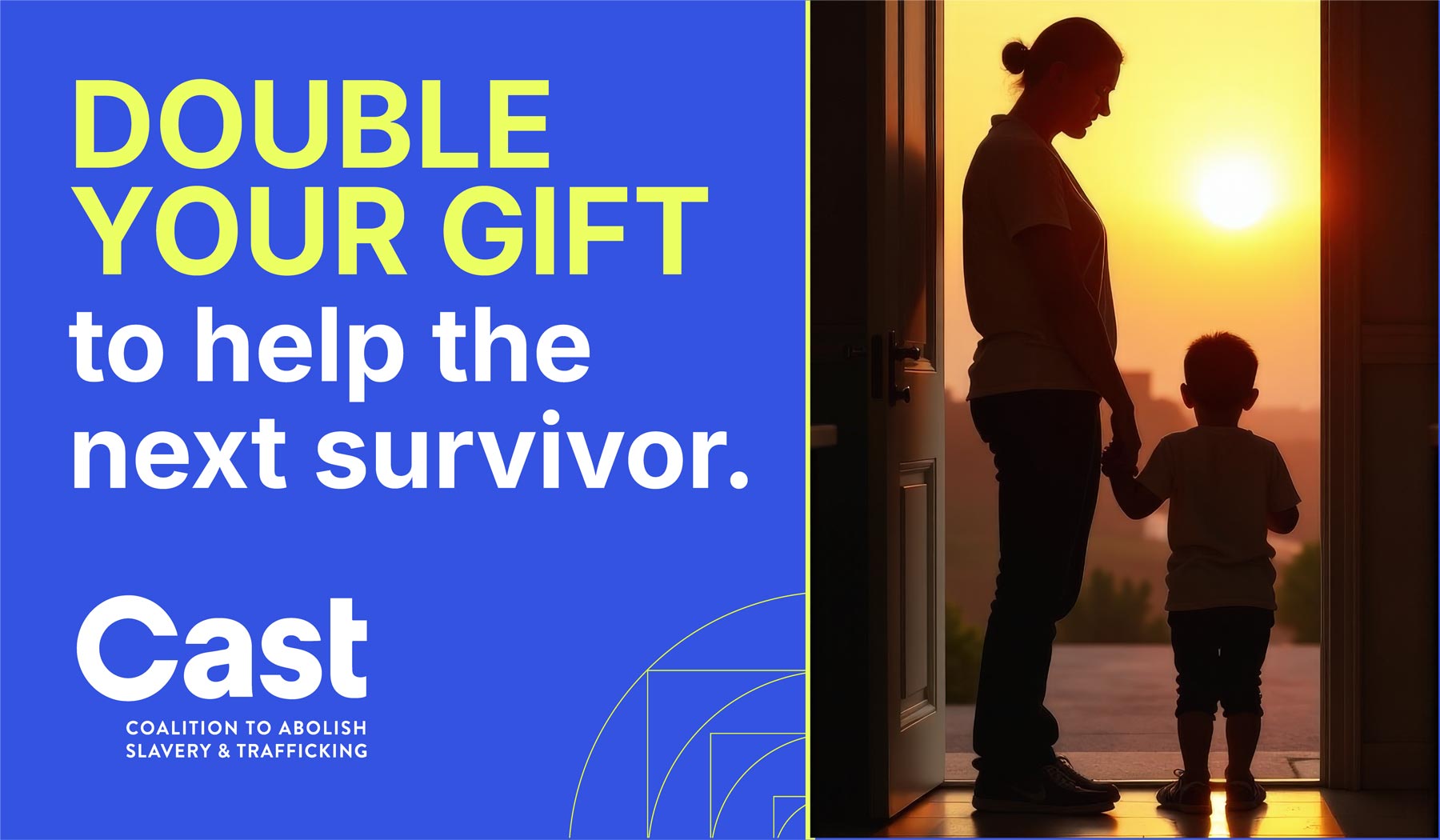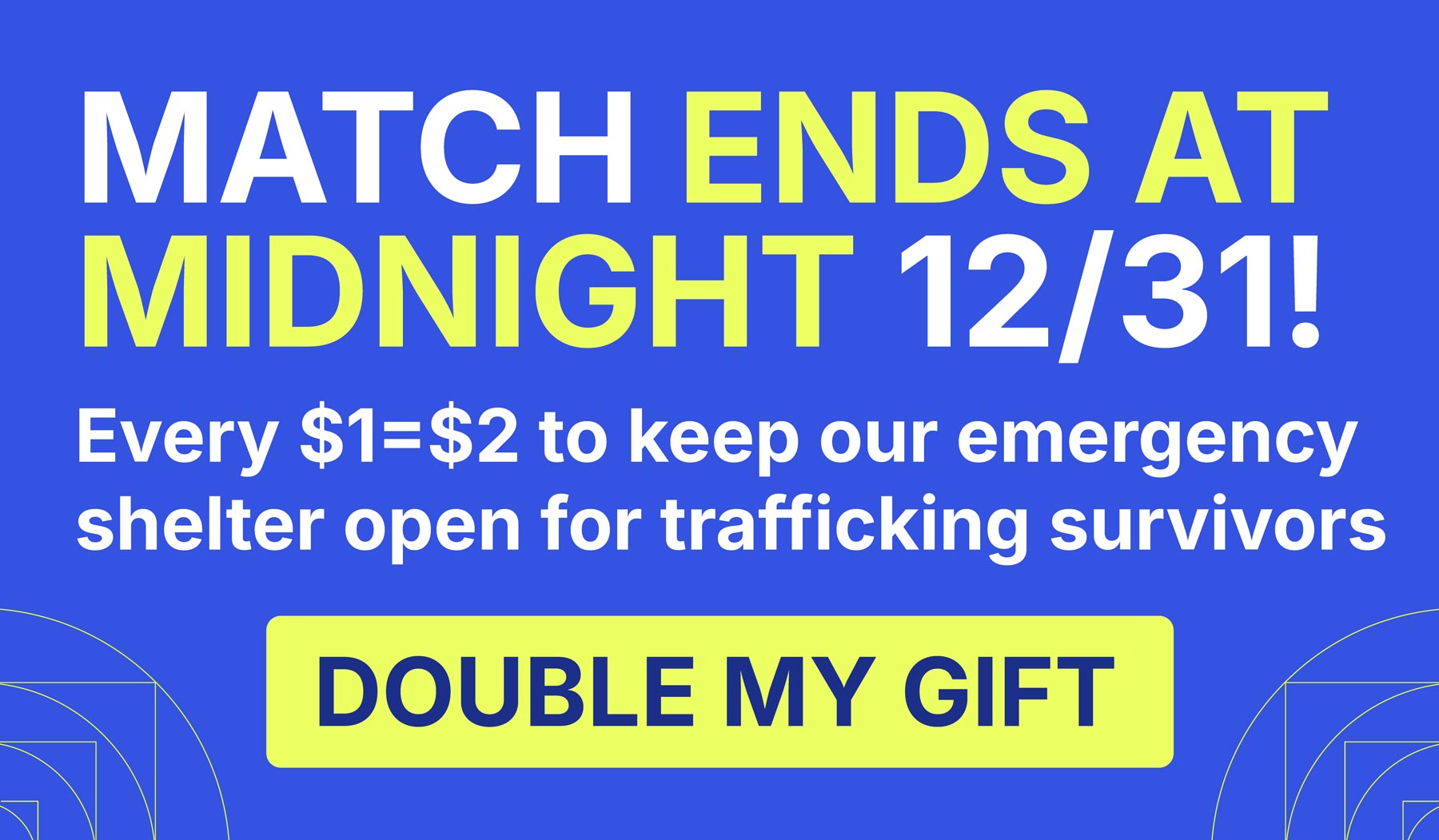This paper argues that child trafficking victims, both sex and labor trafficked, identified as
victims, need to be treated as victims and not face criminal charges or be mandated into services
where they face incarceration if they fail to complete programs and parole requirements. It also
argues that current state activities to pass “Safe Harbor” statutes for trafficked children are
inadequate and a more comprehensive, realistic framework needs to be created to truly assist and
prevent child trafficking in the future. In exploring this position, first this paper reviews the
current legal framework relevant to child trafficking and then explores Safe Harbor legislation
already passed by states to address this concern. Finally, it provides recommendations to any
states seeking to pass future Safe Harbor provisions.





